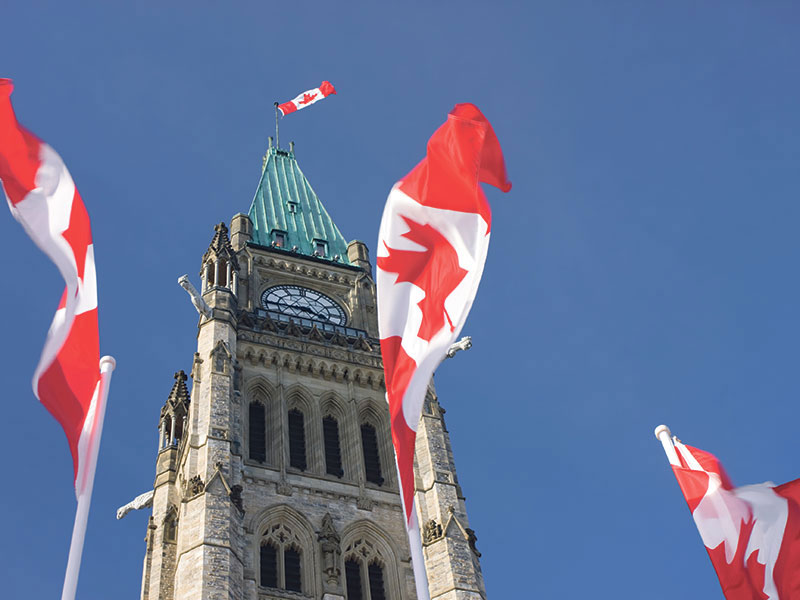
Amid stubbornly hot inflation and rising interest rates, Finance Minister Chrystia Freeland detailed financial commitments to “help make life more affordable for millions of Canadians” — but the measures were all previously announced.
Freeland delivered a keynote address about the state of the Canadian economy at the Empire Club of Canada in downtown Toronto Thursday afternoon.
In her speech, Freeland highlighted the federal government’s “Affordability Plan,” which she referred to as a suite of measures totalling $8.9 billion in new support for Canadians in 2022.
The measures were all included in the past two federal budgets and are now taking effect.
Freeland called recent skyrocketing inflation a “global phenomenon” that is being driven by lasting impacts of the Covid-19 pandemic, ongoing lockdowns in China and Russia’s invasion of Ukraine.
“Jobs are plentiful and business is booming, but it is also harder for a lot of Canadians to pay their bills at the end of the month,” Freeland said in her speech.
Last month, Statistics Canada reported the inflation rate for April rose 6.8% compared with a year ago. That’s the highest since January 1991. The federal agency is expected to release May’s inflation report next week.
The Conservative Party said Freeland’s speech “demonstrates a fundamental lack of understanding of the causes of inflation.”
“This flawed economic approach eats away at the earnings of hard-working Canadians and ignores the most basic principle of economics: that spending during an inflationary crisis will only fuel inflation further,” finance and industry critics Dan Albas and Gerard Deltell said in a joint statement Thursday afternoon.
The statement also said the Liberals “continue to blame global factors for inflation and refuse to provide the immediate relief to the cost-of-living crisis that Canadians need.”
“Rather, they re-announce policies that won’t take effect until the fall, as Canadians are left to suffer throughout the summer.”
The U.S. Federal Reserve hiked its key interest rate by three-quarters of a percentage point on Wednesday — its largest hike since 1994, leading economists to predict the Bank of Canada will follow suit next month.
Canada’s central bank has increased its key rate by half a percentage point twice in recent months, bringing it to 1.5% in June and governor Tiff Macklem has hinted he is prepared to act “more forcefully” if high inflation persists.